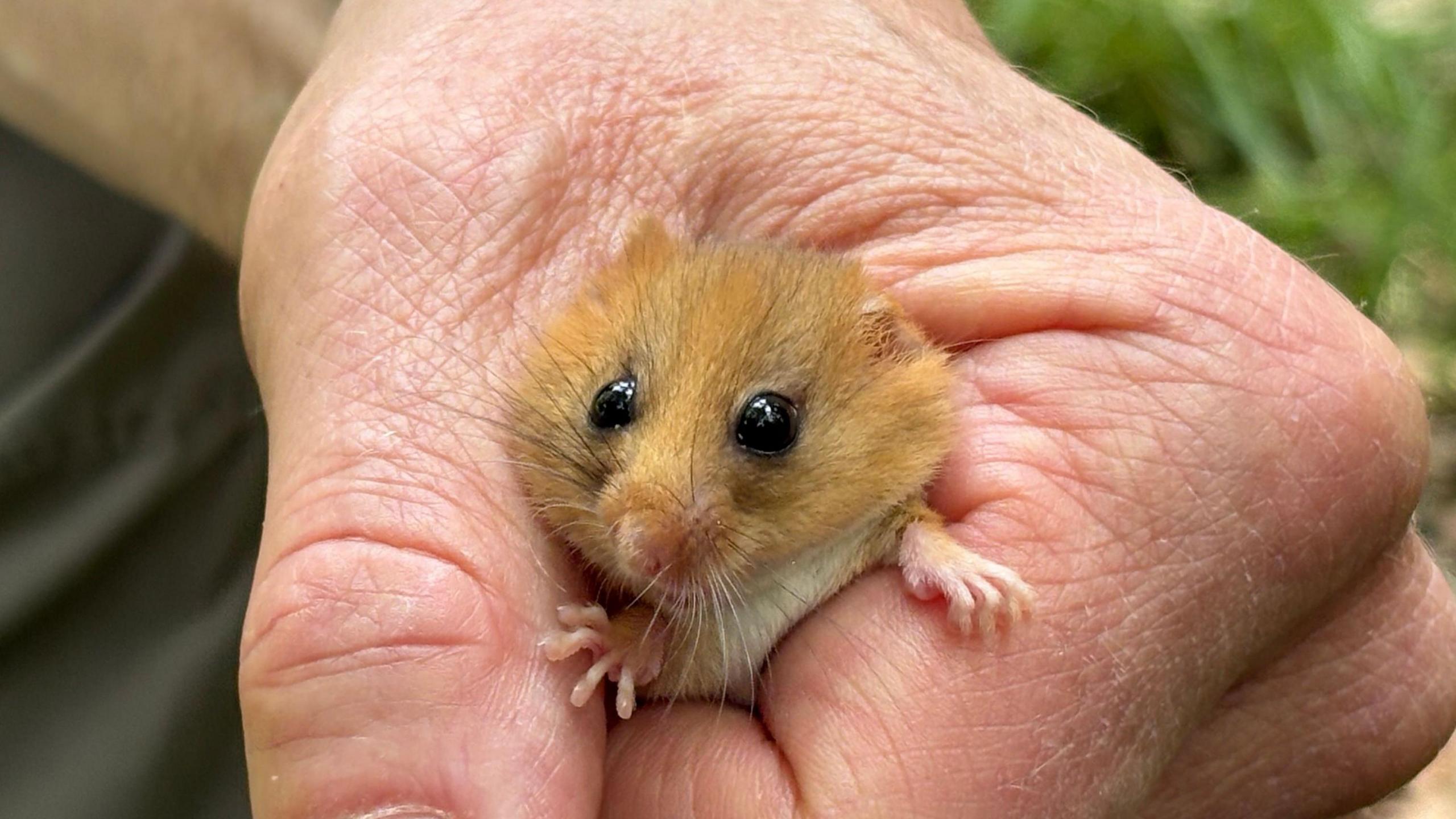Trust appeals to help dormouse conservation work

Dormice are now classed as vulnerable to extinction after their population crashed
- Published
A charity set up to promote sustainable farming has launched a fundraising campaign to protect one of the UK's most endangered mammals.
The Countryside Regeneration Trust, which owns three farms in Surrey, wants to raise £6,000 for equipment to monitor populations of dormice in the county.
Conservationists believe dormouse populations have crashed by 70% in the last 25 years, becoming extinct in 14 counties, due to habitat loss.
The trust wants to use 250 footprint monitoring tunnels to track their movements at sites in Farnham and Frensham in Surrey, as well as farms in Herefordshire and Dorset.
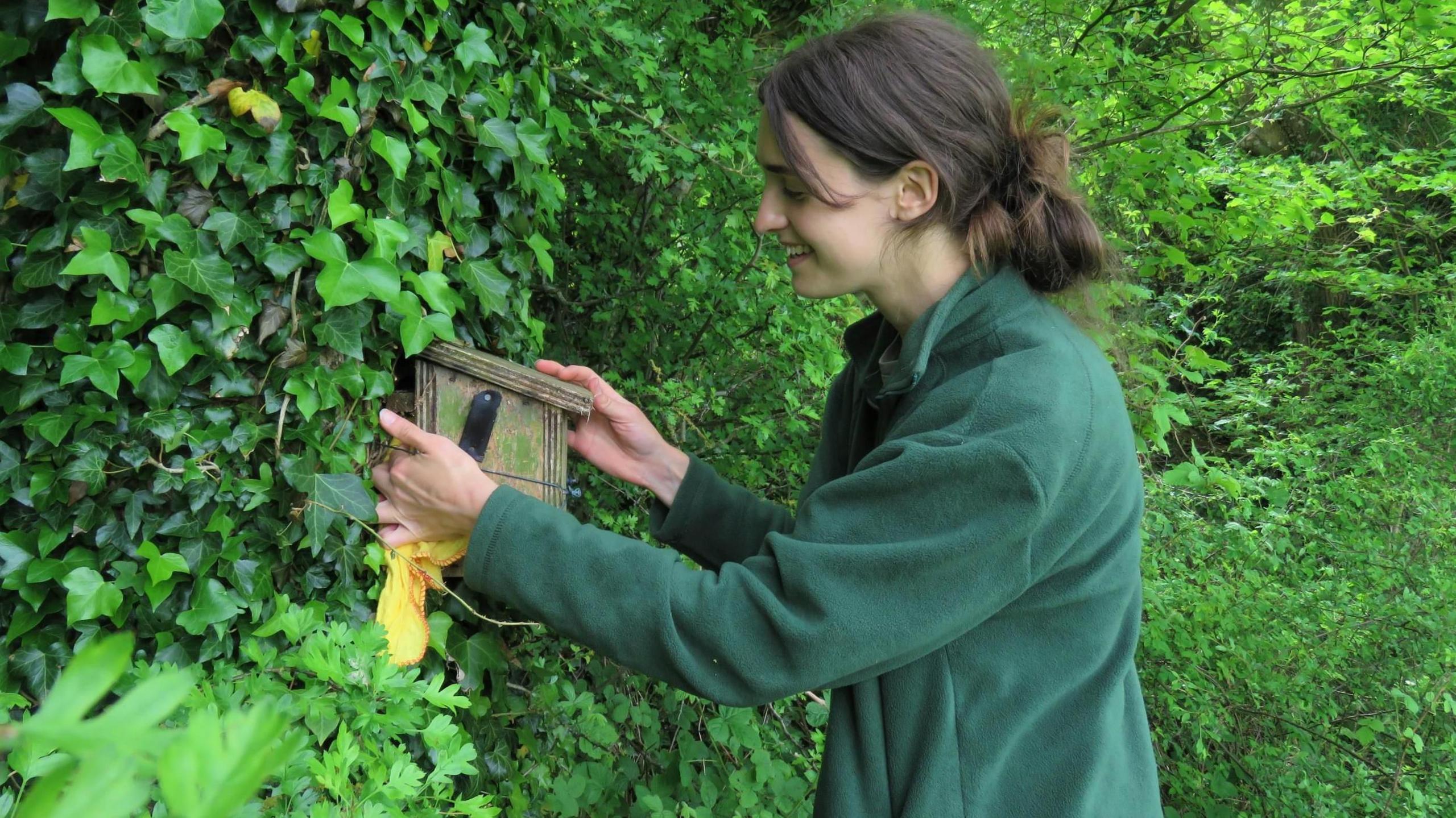
Trust conservation officer Ruth Moss checks a tunnel for footprints
The footprint tunnels will help to track the movements and numbers of the tiny elusive creatures, without any need to disturb them.
Tunnels placed on a nature reserve in Lindfield, West Sussex, recently proved a new population was living there.
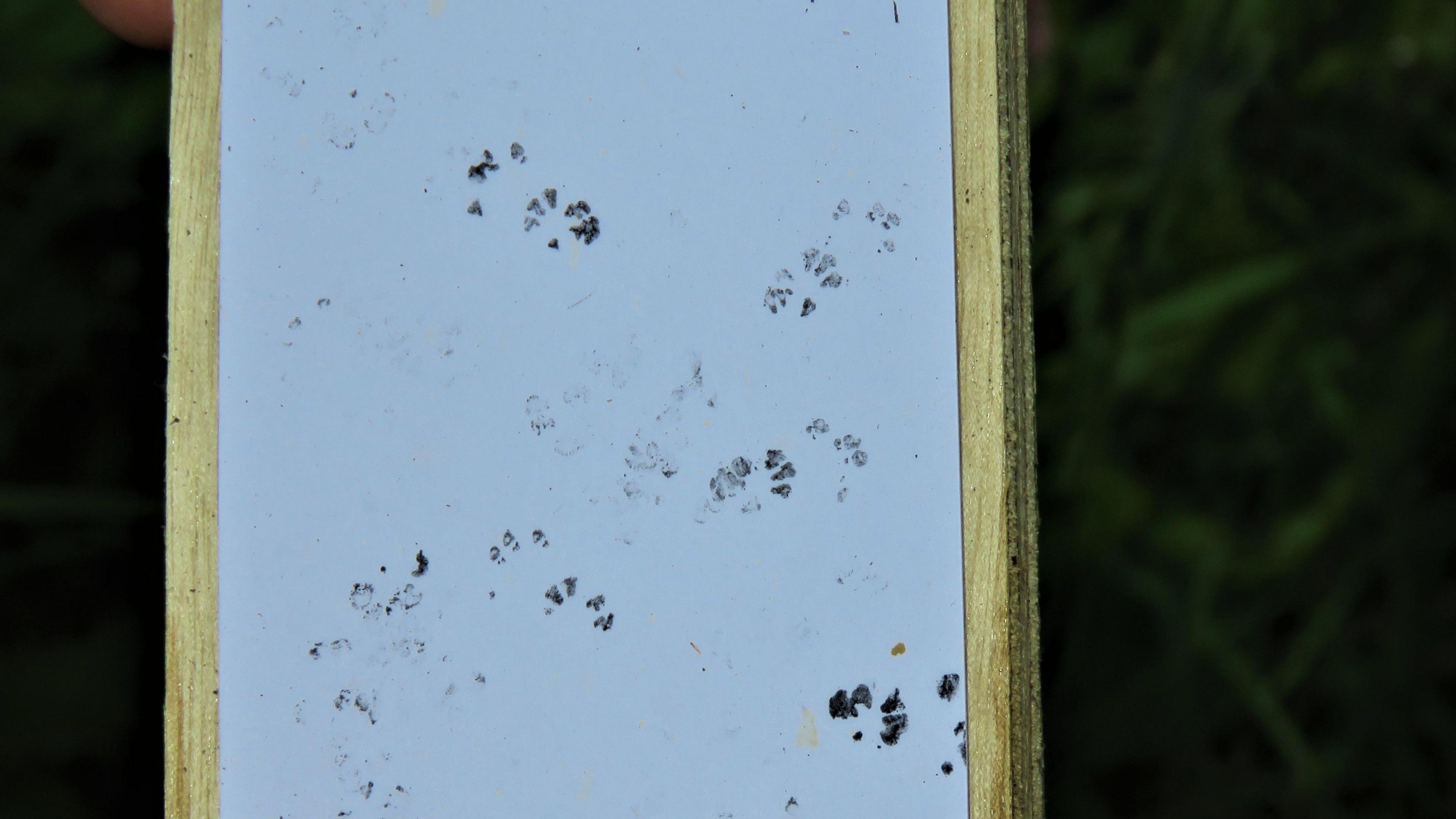
Tracking the footprints of the tiny nocturnal dormice is the best way to study population size
Trust conservation officer Ruth Moss said: "Hazel dormice are considered bioindicators because they are sensitive to habitat and population fragmentation.
"When they are present, there will also be lots of other sensitive species from bats and butterflies to birds and amphibians as their habitat is suitable for a host of different species.
"Through our Christmas appeal, we hope to reconnect fragmented habitat at Turnastone Court Farm, offering dormice greater access to suitable habitat, and also detect where they may be on our other farms so we can improve habitat there in the future too."
Follow BBC Surrey on Facebook, external, on X, external. Send your story ideas to southeasttoday@bbc.co.uk , external or WhatsApp us on 08081 002250.
Related topics
- Published25 October
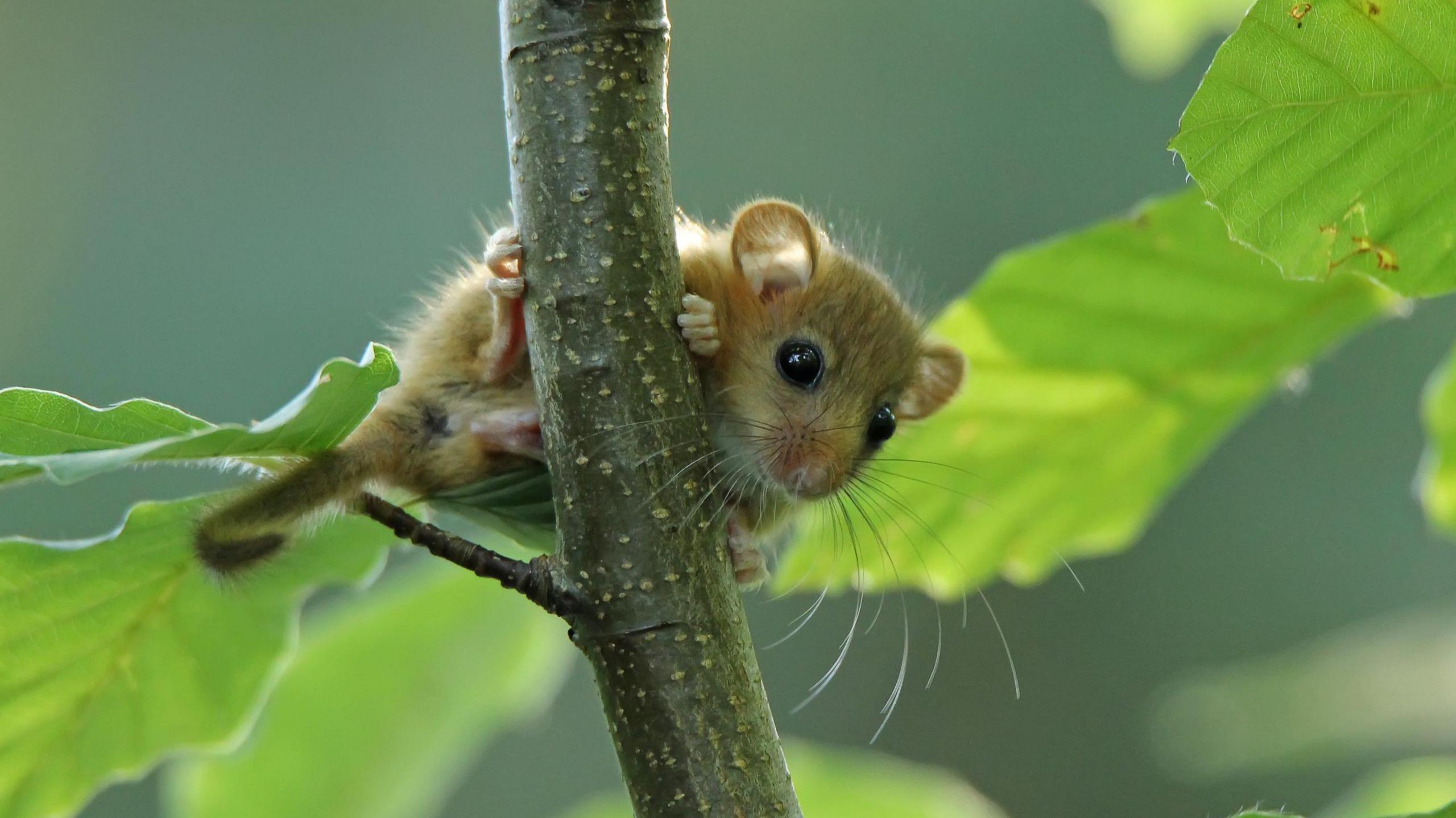
- Published10 October
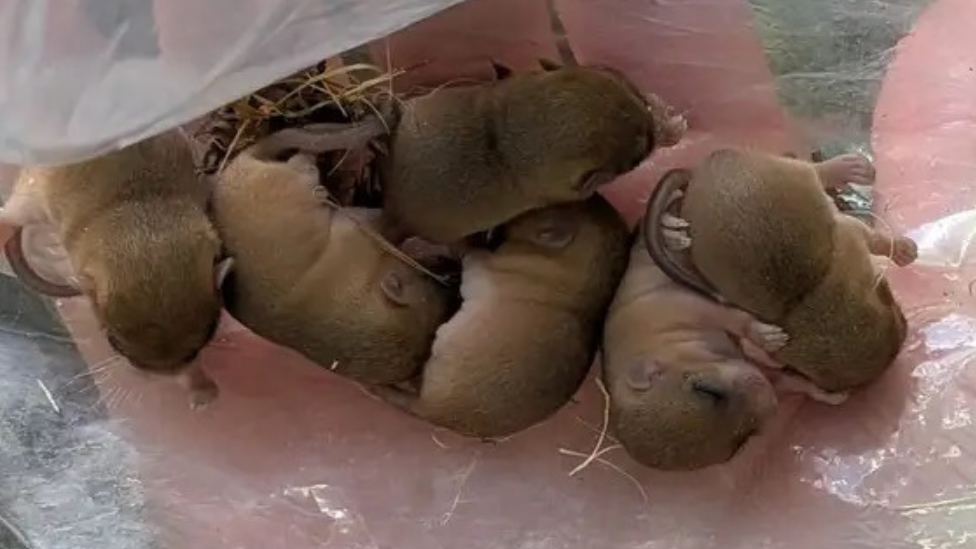
- Published12 June
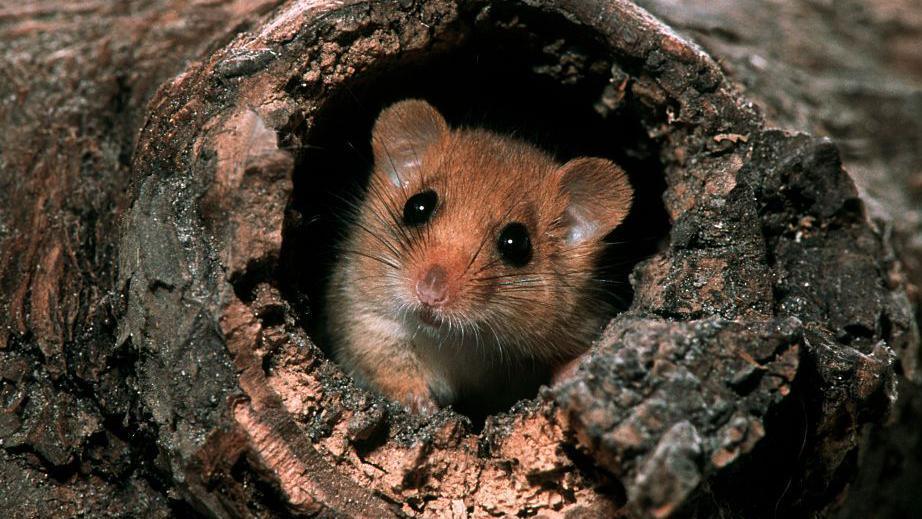
- Published19 August
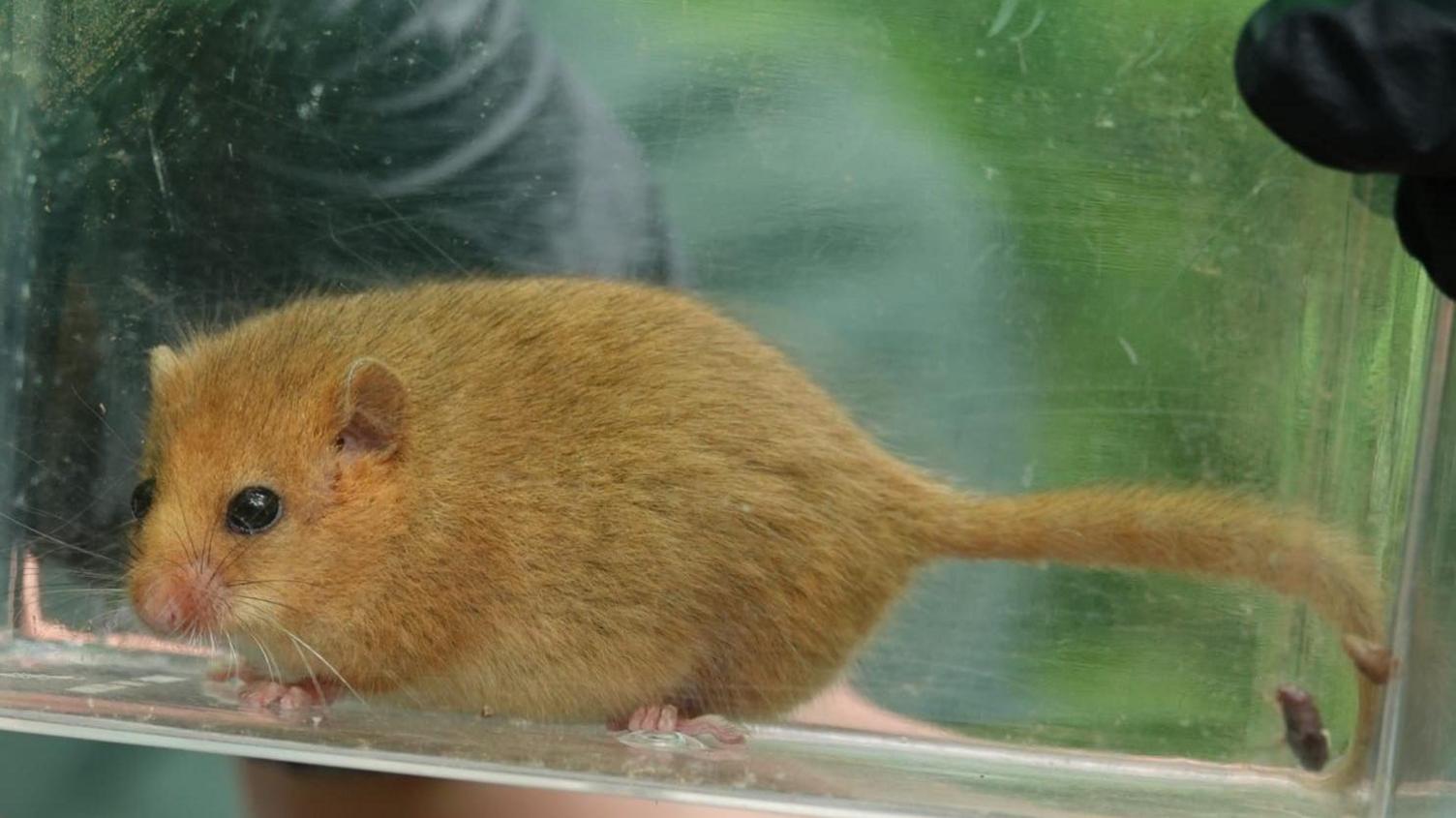
- Published3 July
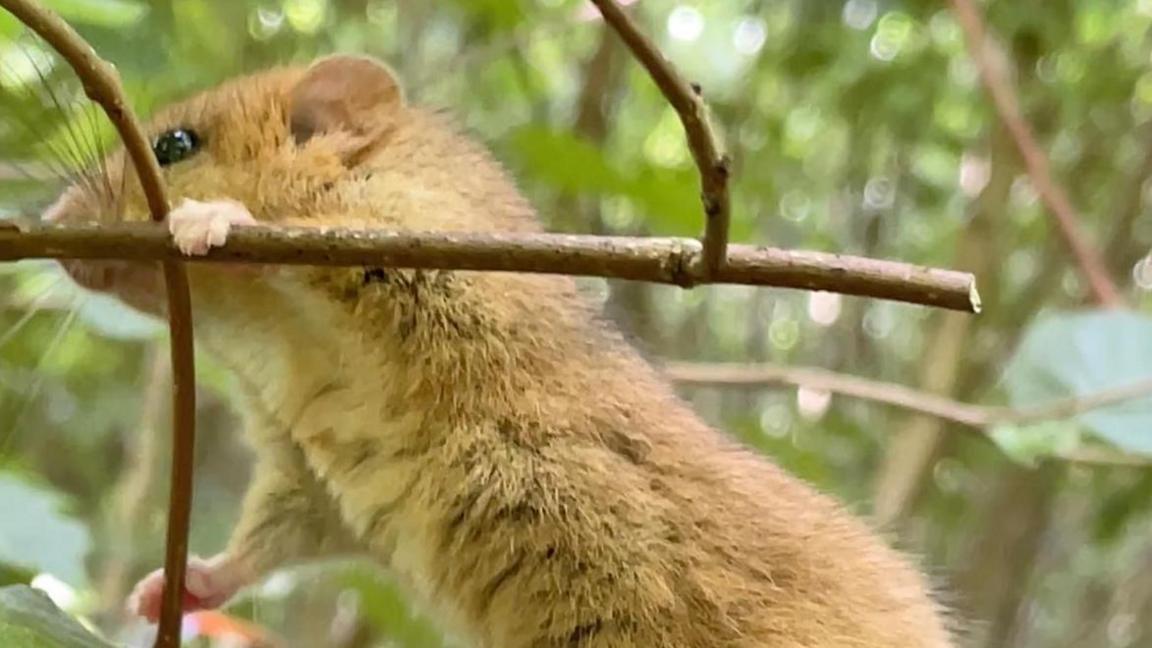
- Published12 June
